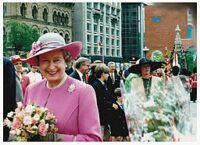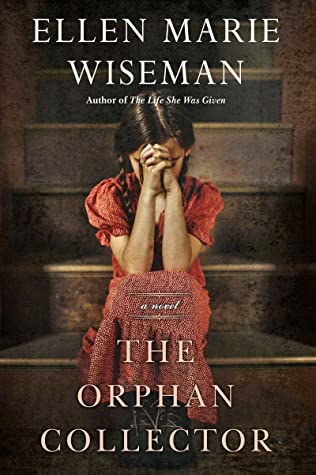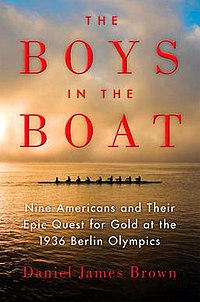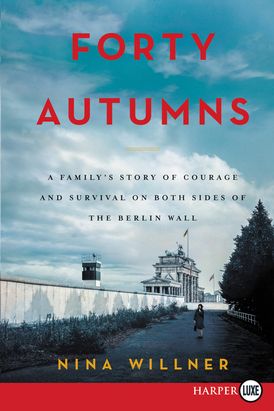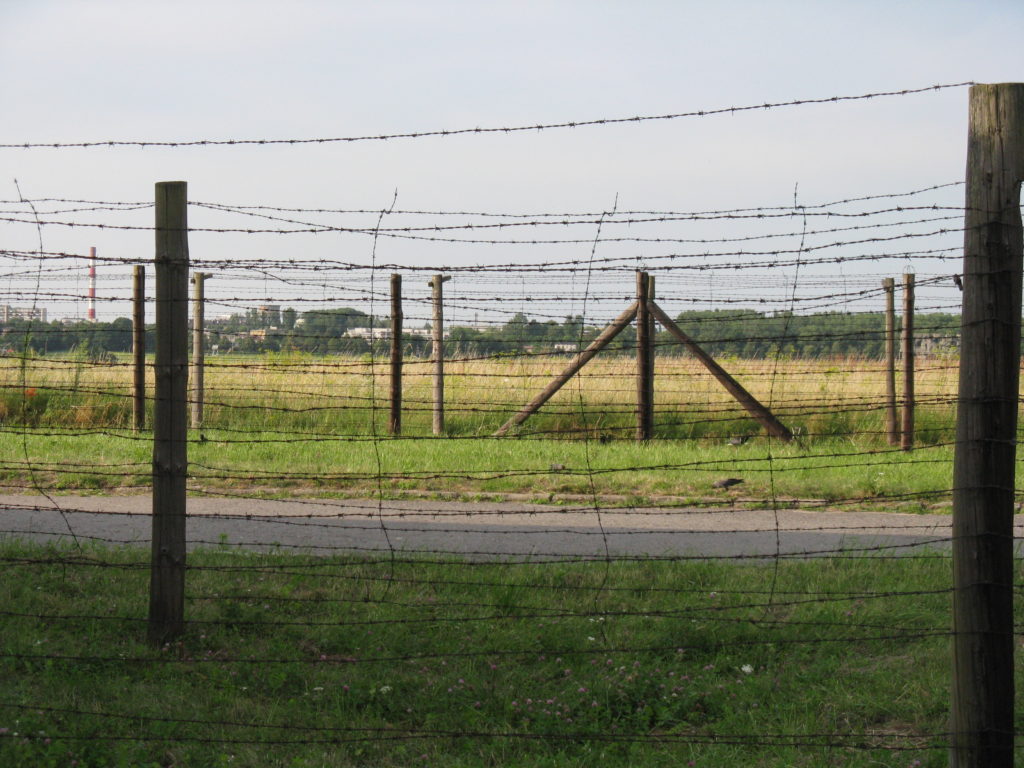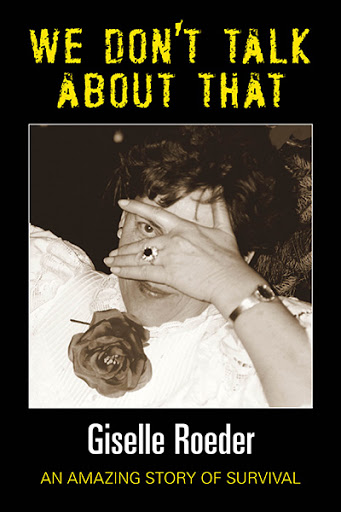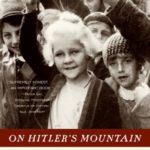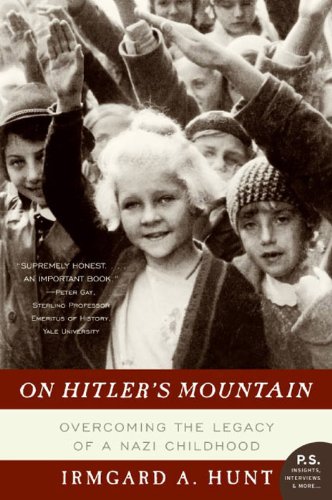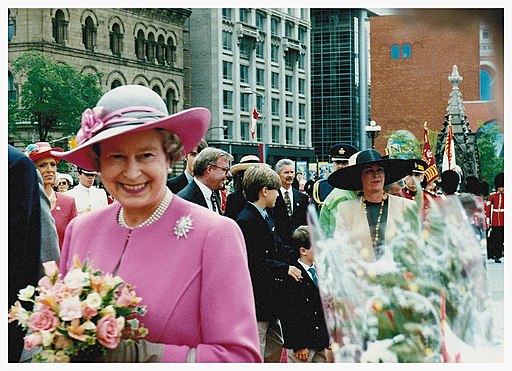
Ross Dunn, CC BY-SA 2.0 https://creativecommons.org/licenses/by-sa/2.0, via Wikimedia Commons
An intersection of reality and fairy tales
One of my grandmothers was English, so even as a child, I had an affinity for the Queen of England and Canada. A distant but noble figure, Queen Elizabeth represented the intersection of reality and fairy tales. On my German side, rumors of nobility persist— making me wonder if I am distantly related to the royal family.
I’ve been to London to visit the Queen
I have seen the Queen at least three times that I can recall. In 1970, my parents took me, a daydreaming seven year old, to England so we could meet my mother’s aunt for the first time. It also turned out to be the last. To my seven year old self the visit with the aunt was underwhelming. Things in the house were out of place and I thought she didn’t make much sense. Later, I came to understand that was dementia. On that trip, I came down with the flu. Touring the Tower of London, I was pick-pocketed of my little purse of souvenir toys and five pounds sterling. But those things didn’t dampen my impression of England. The castles, the monuments and the pageantry– even the pigeons in Trafalgar square.
A seven year old photographer
Trooping the Colour, the traditional parade to mark Queen Elizabeth’s birthday, was exciting! We stood in a crowd of thousands lining the streets for a glimpse of Her Majesty. Being a small child, I couldn’t see beyond those in front of me, so my dad lifted me onto his shoulders. Then he handed me the camera. As the parade passed by, and the Queen appeared on her horse, I took pictures. Soon people all around began handing up their cameras up to me. I can only guess how those photos turned out; probably blurry and unfocused. But the memory of that day, its ceremony and excitement stand out to me as clear as any photo I could have taken.
Queen Elizabeth comes to Canada
A year or so later, Queen Elizabeth visited Canada and I watched with my Mom and Grandma as she paraded through Fort Langley. The next time I saw her was a serendipitous, right-place-at-the-right-time moment. In 1983, at Douglas College in New Westminster, a rumour spread that the royal motorcade would be passing through. Quickly, we abandoned books and classrooms for the sidewalk and, lo and behold, it wasn’t just a rumour. The Queen and entourage appropriately drove down Royal Avenue, waving at the small group of students that had assembled only moments before.
In the years since, I occasionally indulged my curiosity about our monarch and other royal family. The biography, Lilibet gave an intimate glimpse into the life of this remarkable woman. I watched Helen Mirren’s The Queen, and Netflix’s The Crown, with great interest, especially the part where evangelist Billy Graham visits Buckingham Palace. I came to appreciate the example she has been and the character she developed to lead, not only the United Kingdom, but so much of the modern world which was once the British Empire.
Lessons from a life well lived
Like many, I mourn her death as not only the close of an era in my own life, but a significant chapter of history. Here is a reflection of seven things about Queen Elizabeth’s life which impress me. I hope others will find a lesson or two here as well.
1. Bagpipes and tea every morning is a good way to start the day
Like many Brits, the Queen would start her day with a cup of tea. In bed. Following that, she listened to the royal bagpipes outside her window. Well, not everyone has someone to bring them a cuppa before they get up, but it is a nice thought. And, while the bagpipes aren’t everyone’s cup of tea, starting the day with music has my vote.
2. Rules are NOT made to be broken
This may not be a popular thought, but rules and traditions exist for a reason. Her Majesty kept them very well over her seventy year reign with only a few notable exceptions. Before we throw all pomp, circumstance and symbols of colonialism out the window, we should consider how traditions and rules keep society together and civilised. Celebrations and ceremony brings joy to lives that could be otherwise mundane. Protocols and manners infuse order into what could be chaos, and allow us to function with certain understandings to make others comfortable and give honour and respect when due.
3. Wisdom is knowing which rules to break and when to change them
The first big break in her careful nods to modernity was televising the Coronation in 1953. That had never been done, but there is always a first time—it was a good way to start her reign. On September 12, 2001, a day after the terrorist attacks in New York, the Queen made a request. Instead of the usual British music for the changing of the guard, she had the band play the Star-Spangled Banner and other American patriotic favourites. This gesture broke 600 years of tradition, but went straight to the hearts of those present. More recently, Princess Charlotte has her esteemed grandmother to thank for allowing that women can be queens too, even if they have a brother. After all it is the 21st century.
4. When life throws curve balls put on a pink hat and wave.
Queen Elizabeth embodied the phrase that has become a popular meme, “keep calm and carry on.” She has done so through war, tragedy and the highly publicised failings of her children. While she may admonish them in private, she has kept a brave face in public. In tragedy, such as the death of Princess Diana, she made exception reminding people she too is a mother and grandmother and so doing, won back the respect of those who may have felt her cold and unfeeling.
5. Doing the same job for 70 years, it’s okay to poke a bit of fun at yourself and the situation, even if you are the Queen.
When Prime Minister Justin Trudeau toasted her 60 year reign, Queen Elizabeth quipped, “Thank you Mr. Prime Minister of Canada for making me feel so old.” Another time, a political leader’s phone went off in her presence. An embarrassing moment to be sure. As he switched off the phone, the Queen said, “I hope it wasn’t anyone important.” Well, who could be more important than the Queen. (Wait, actually, I do know someone.)
Once, when out walking near her Balmoral home, dressed in raingear, she came across a group of tourists. They did not recognise her and asked if she had ever met the Queen. She pointed to her bodyguard and said, “No, but he has.”
6. It takes wisdom and tact to lead without power but Queen Elizabeth did it
In a constitutional monarchy, the Queen primarily serves as a figurehead in matters of state. She has no real authority to dictate or legislate, but in a sense this made her influence all the greater. An example, and sounding board to prime ministers, presidents and other leaders of the modern world, she only rarely expressed her opinion. On the subject of Brexit she stated, “Of course, every generation faces fresh challenges and opportunities. As we look for new answers in the modern age, I for one prefer the tried and tested recipes, like speaking well of each other and respecting different points of view; coming together to seek out the common ground; and never losing sight of the bigger picture. To me, these approaches are timeless, and I commend them to everyone.”
Wisely spoken and fits so many situations.
7. Faith is the best anchor for going the distance in a life of service.
Queen Elizabeth began her reign by requesting prayer from her subjects, for wisdom and strength as she served God and the people. After a painful year of loss, she said, “I know just how much I rely on my own faith to guide me through the good times and the bad. Each day is a new beginning. I know that the only way to live my life is to try to do what is right, to take the long view, to give of my best in all that the day brings, and to put my trust in God.”
Related or not, the late Queen Elizabeth serves as an example of consistent faith. I thank her for a life well lived. May she cast her crown with joy and delight at the feet of the king of Kings.

